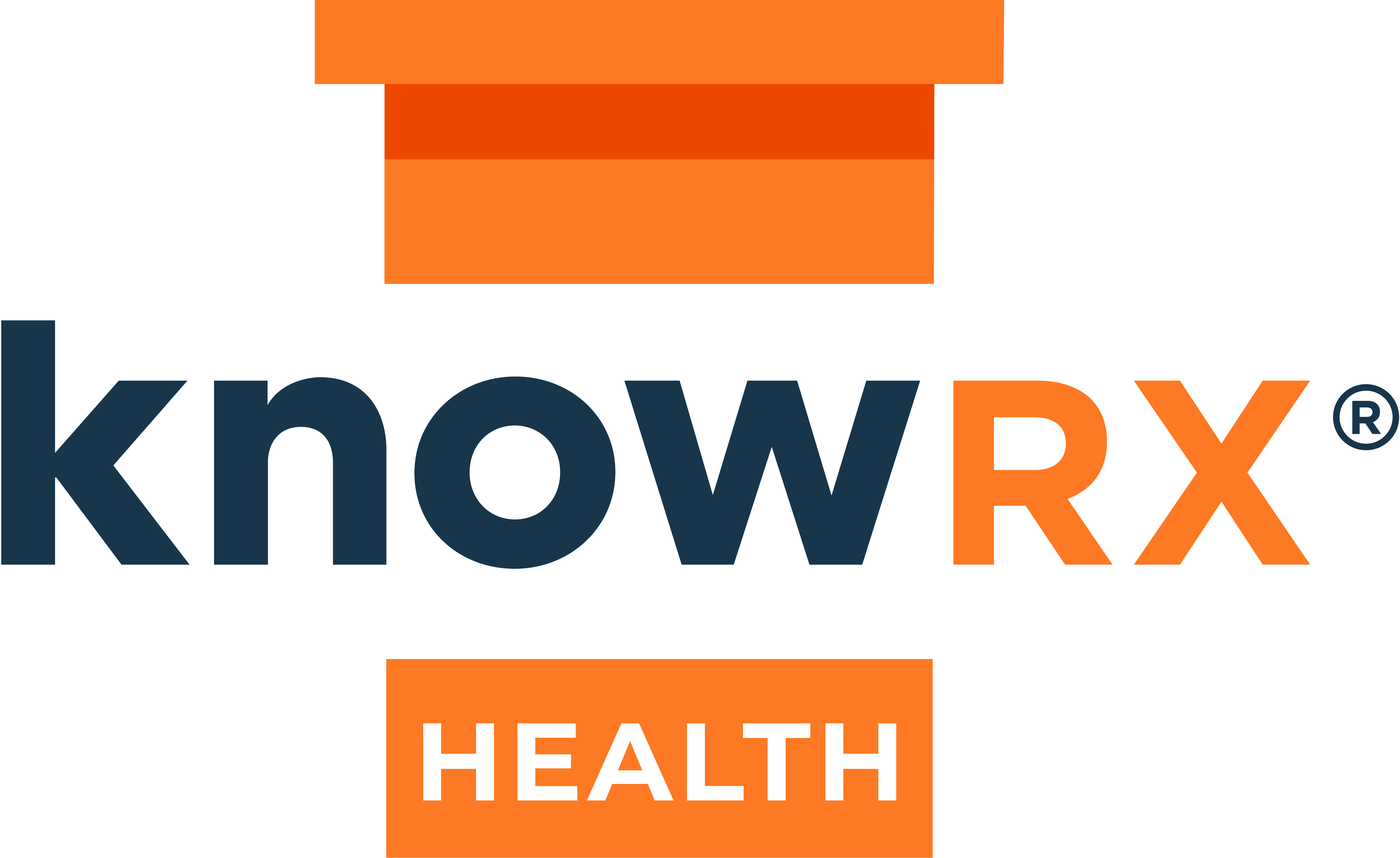
The Hidden Risks of Polypharmacy in Diabetes: Medications, OTCs, and Supplements
The Growing Concern of Polypharmacy
Polypharmacy, or the use of multiple medications simultaneously, is a critical issue for individuals managing diabetes. With the addition of over-the-counter (OTC) medications and dietary supplements, the risks of adverse drug interactions, side effects, and reduced medication adherence rise significantly. According to the CDC, 48% of adults aged 65+ take at least five medications daily (CDC), and 68% of people with diabetes report using supplements or OTC medications (Diabetes Care Journal).
Managing such a complex regimen can feel overwhelming, especially when patients typically see their doctors only a few times a year for limited appointments. This is where tools like knowRX’s The Owl App play a pivotal role. The app generates a Consumer Health Record (CHR) to help you track, organize, and share your medication and health data. This empowers patients to make informed decisions, facilitates meaningful conversations during short clinical visits, and helps avoid potential complications.
Why Polypharmacy is a Concern in Diabetes Care
Medication Interactions:
Prescription medications like metformin, insulin, and ACE inhibitors can have dangerous interactions with OTC pain relievers or supplements. For instance, aspirin combined with certain diabetes medications may increase the risk of bleeding (American Diabetes Association).Adverse Drug Reactions (ADRs):
ADRs are a significant problem, with 10-30% of hospital admissions among people with diabetes linked to adverse interactions (Diabetes Care Journal). Recognizing early symptoms such as dizziness or fatigue can prevent more severe complications.Unknown Effects of Supplements:
While supplements like chromium and omega-3 are popular among individuals with diabetes, they can affect blood sugar levels or interfere with prescription medications. Without a centralized way to track all substances, risks increase.Medication Adherence Challenges:
Taking multiple medications at different times can be confusing, leading to missed doses or improper use. Using The Owl App to manage and remind patients about their regimen significantly improves adherence.
How The Owl App Helps Address Polypharmacy Challenges
The Owl App captures real-world evidence (RWE) from users, creating a Consumer Health Record (CHR) that consolidates all medication data—prescriptions, OTC drugs, and supplements—into one accessible platform. Here’s how it can help:
- Education: The app provides personalized health insights, helping you understand potential medication interactions or risks.
- Informed Decisions: A CHR enables you to make data-driven choices about your medications and supplements, reducing the chance of adverse outcomes.
- Enhanced Provider Engagement: With limited time during clinical visits (an average of 15-30 minutes annually for most patients), sharing your CHR ensures your provider has all the necessary data at their fingertips, leading to more effective care.
A Diabetes Case Study: Sarah’s Journey
Sarah, a 65-year-old with Type 2 diabetes, used The Owl App to track her prescriptions (metformin, a statin, and an ACE inhibitor), her OTC ibuprofen, and her daily multivitamin. The app flagged potential kidney risks associated with ibuprofen and ACE inhibitors. By sharing her CHR with her doctor, Sarah adjusted her regimen, avoiding complications and improving her overall health.
This highlights how The Owl App empowers users by providing actionable insights and fostering informed discussions with healthcare providers.
Steps to Safely Manage Polypharmacy in Diabetes
Maintain a Comprehensive Record:
Use tools like The Owl App to keep an updated list of all your prescriptions, OTCs, and supplements.Understand Medication Interactions:
Review your CHR regularly and consult with healthcare providers or pharmacists to ensure safe combinations.Schedule Regular Medication Reviews:
Make it a habit to review your medications during annual visits or whenever there are changes to your health.Educate Yourself:
Access reliable resources like MedlinePlus to learn about potential risks and interactions.
Key Statistics on Polypharmacy
- 37% of adults with diabetes take five or more medications daily, and adding OTC drugs or supplements increases risks (CDC).
- Polypharmacy is linked to 10-30% of hospitalizations in people with diabetes, emphasizing the importance of proper medication management (Diabetes Care Journal).
Polypharmacy is a growing concern for individuals managing diabetes. By using tools like The Owl App, patients can organize and share their health information through a Consumer Health Record, ensuring better medication management, informed decisions, and productive provider engagement. Empower yourself today by tracking your health data and taking control of your care.
🌿 Start your health journey with The Owl App today!


